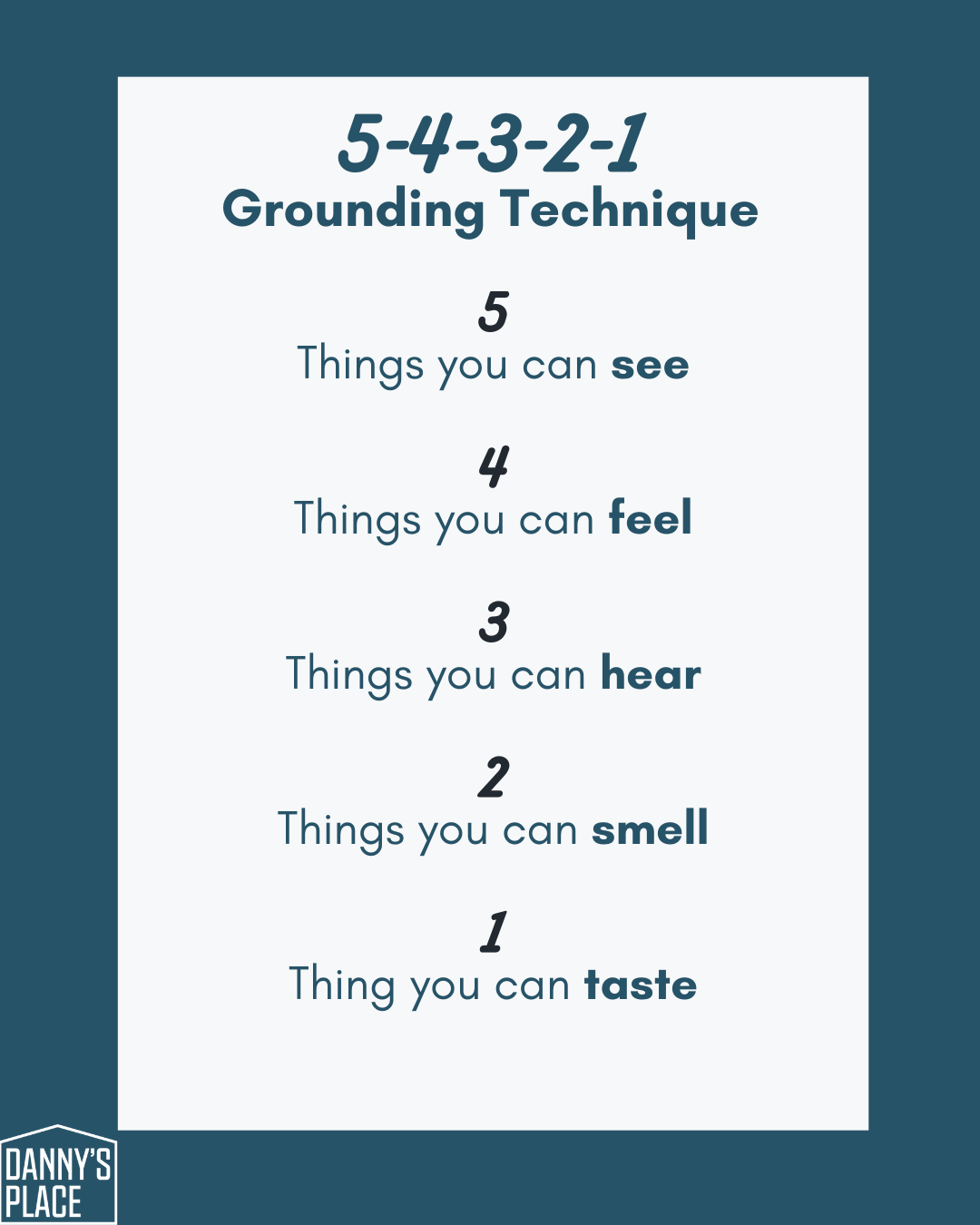5 things you can do to trust yourself without overthinking
Are you finding it difficult to trust yourself? Do you overthink everything and second-guess your every decision?
If so, don't worry, you're not alone. It's perfectly normal to feel this way sometimes. The good news is, there are things you can do to help build your self-trust.
Here are 5 of them:
Recognize the signs that you are overthinking.
If you find yourself ruminating on negative thoughts, second-guessing yourself, or obsessing over details, it may be a sign that you are overthinking.
Other signs of overthinking include feeling anxious or stressed, having trouble sleeping, and having difficulty concentrating. If you notice any of these signs, it's important to take steps to calm your mind and ease your anxiety.
2. Challenge your negative thoughts.
One of the main reasons people overthink is because they allow their negative thoughts to run wild. If you find yourself thinking negative thoughts, take a step back and try to challenge them.
Are they really true? and if they are, are they kind? Are they helpful? What evidence do you have to support them? is it something out of your control? Can you reframe the thought in a more positive light?
Focus on the present moment.
JOIN OUR FUNSLETTER
Oftentimes, when you examine your negative thoughts more closely, you'll realize that they're not as scary as they seem.
If you are more like a visual person, journaling about it can be helpful too.
3. Practice mindfulness
Mindfulness is a state of being present in the moment without judgment. When you're mindful, you're not focused on the past or the future, but on the present moment.
Mindfulness can help to prevent overthinking because it allows you to focus on what's happening right now instead of worrying about what could happen in the future.
To practice mindfulness, simply focus your attention on your breath and pay attention to the sensations in your body. Allow your thoughts to come and go without judgment or attachment.
Imagine your thoughts not as you but as objects that you can detach yourself from. Some people find it helpful to imagine their thoughts attached to anchors as a way to kindly let them go in the moment. This TikTok will explain some examples of what works for different people.
4. Be aware of your triggers.
There may be certain situations or topics that trigger your overthinking. It's important to be aware of these triggers so that you can be prepared to calm yourself and prevent the overthinking spiral.
One helpful strategy is to have a "toolkit" of calming activities or exercises that you can turn to in moments when you feel yourself being triggered. This could include deep breathing exercises, journaling, meditation, practicing gratitude, or reaching out to a friend for support.
It is important to set a boundary and trust your intuition if you feel the need to take a step back from a situation.
Your gut instinct is often a great indicator of what you truly want or believe in a situation, but it can be easy to dismiss it in favor of overthinking.
5. Seek professional help.
If you find that you're struggling to control your overthinking on your own, it may be good to seek professional help from a therapist or counselor.
We also have a list of simple tools and resources that you can use to manage and grow your mindfulness skills.
YOU’VE GOT THIS! ✨

